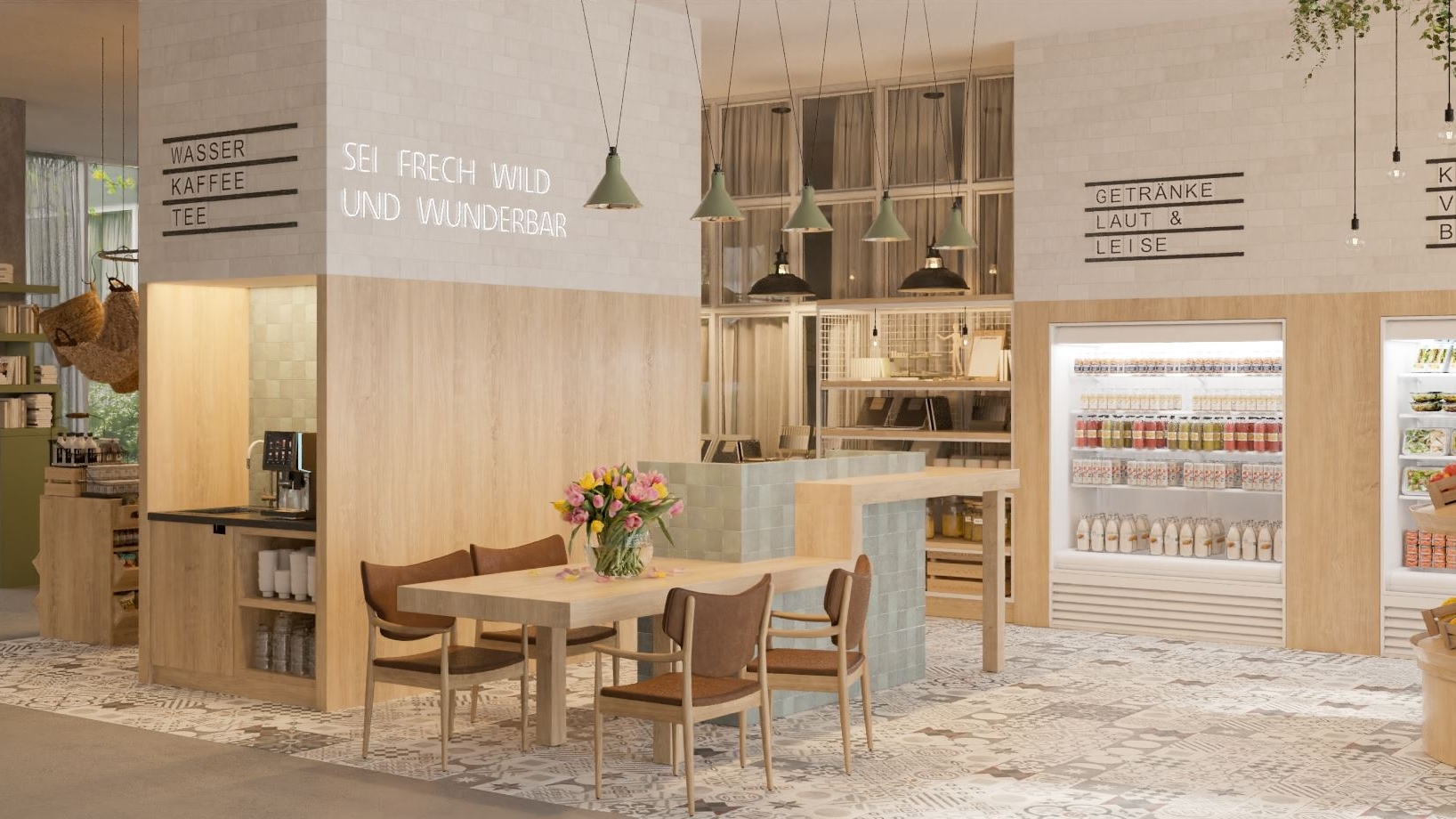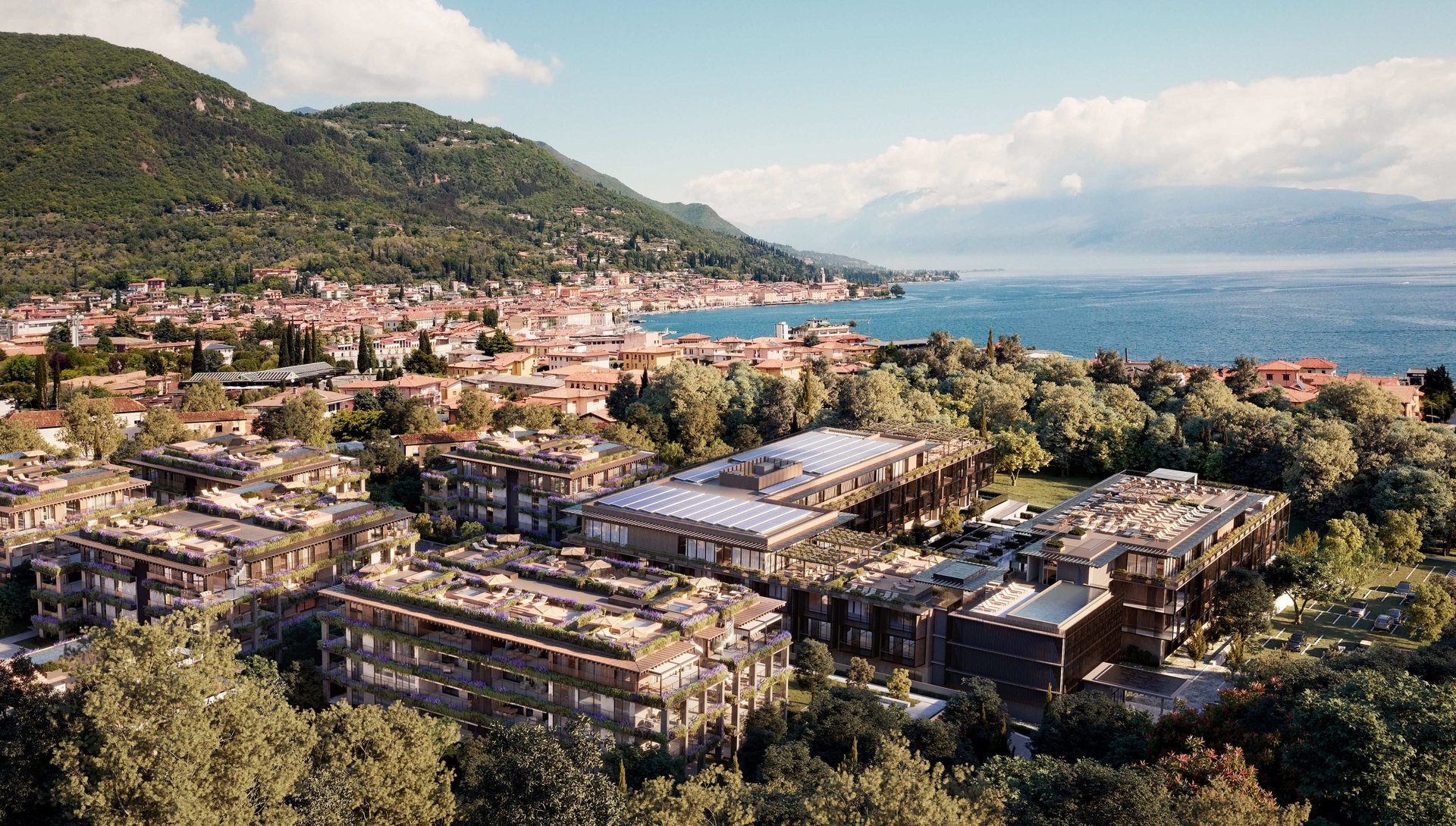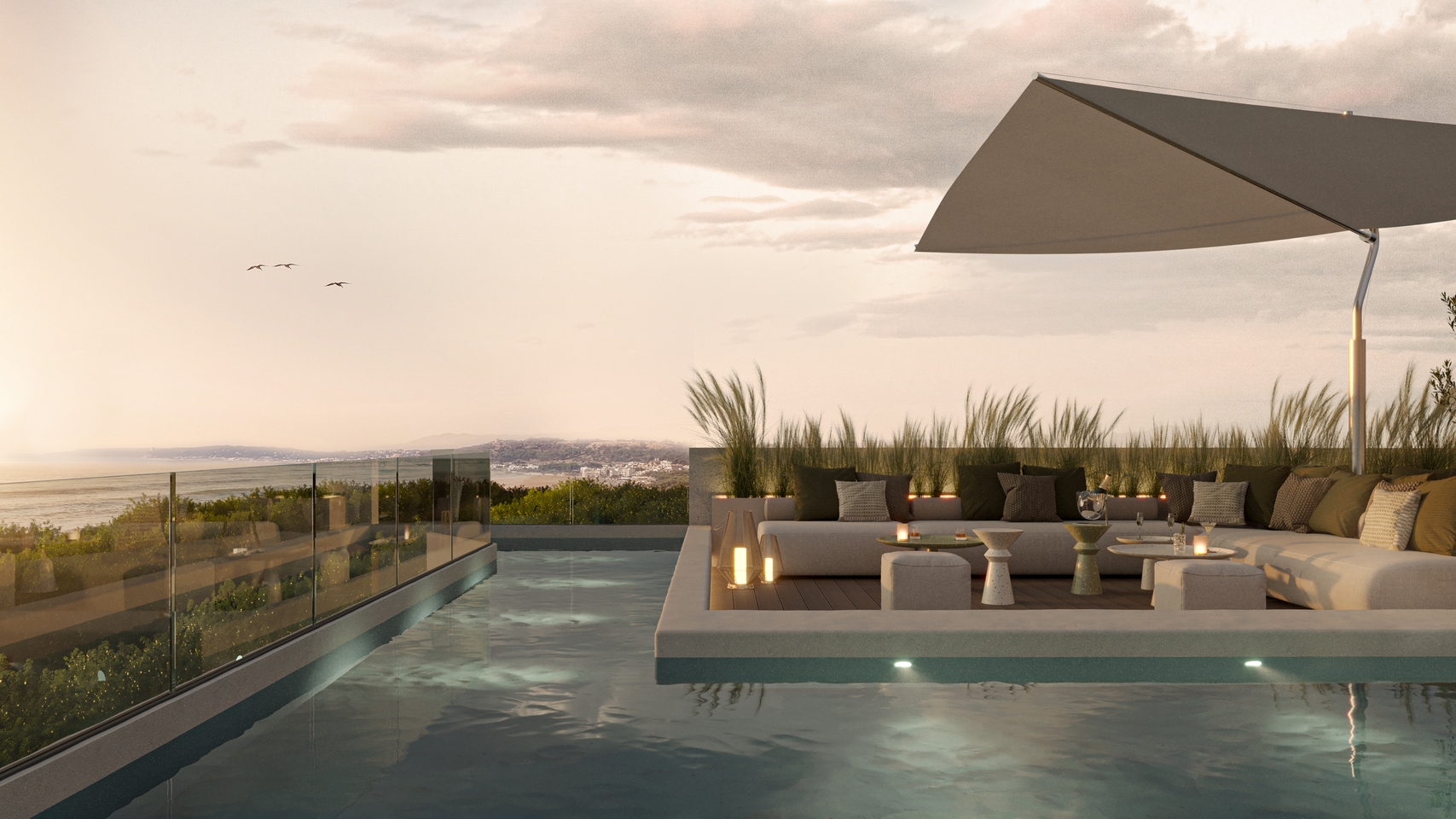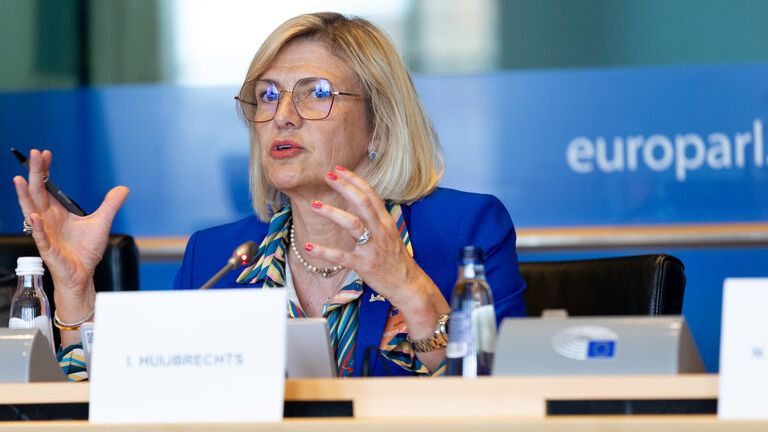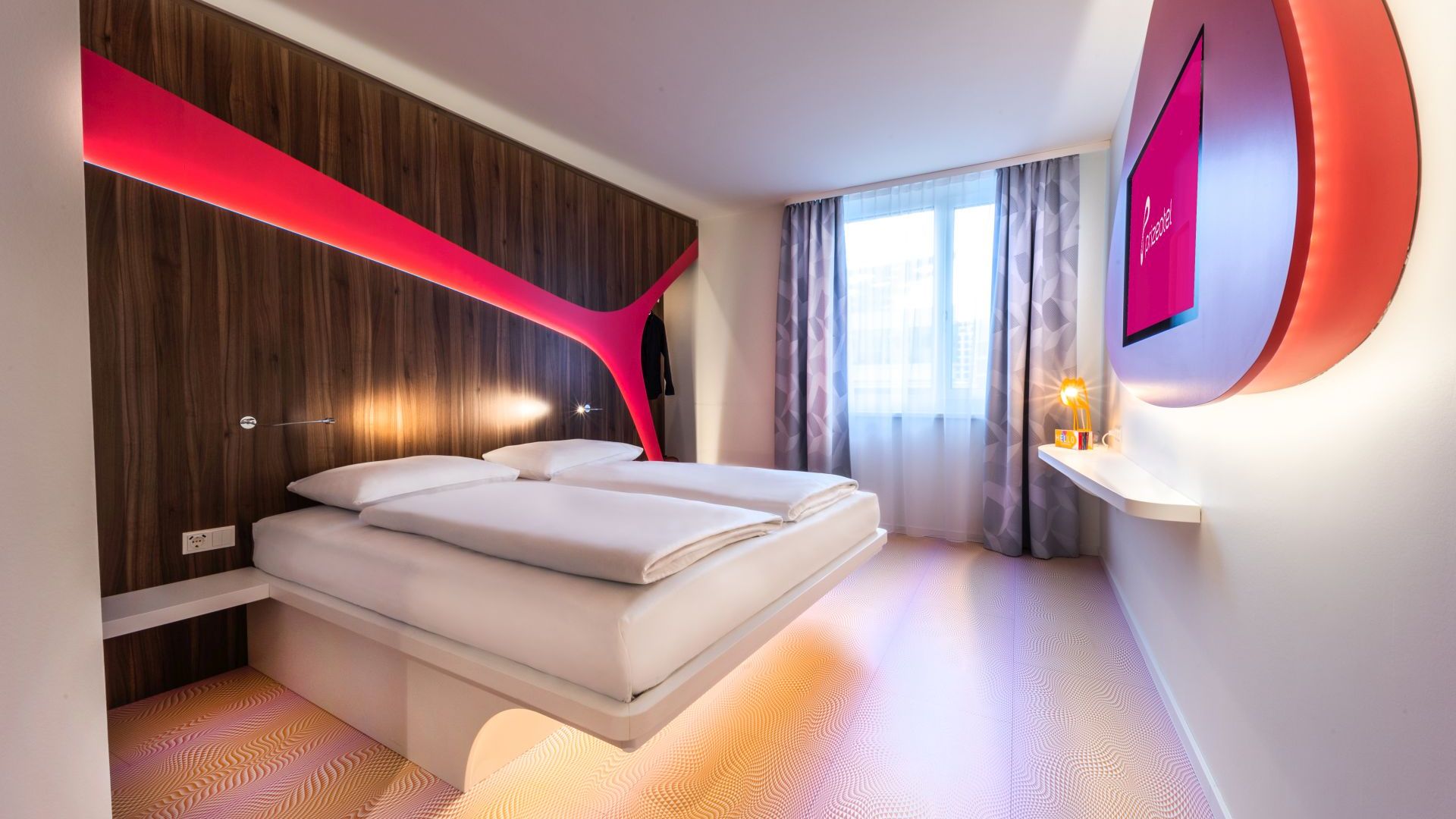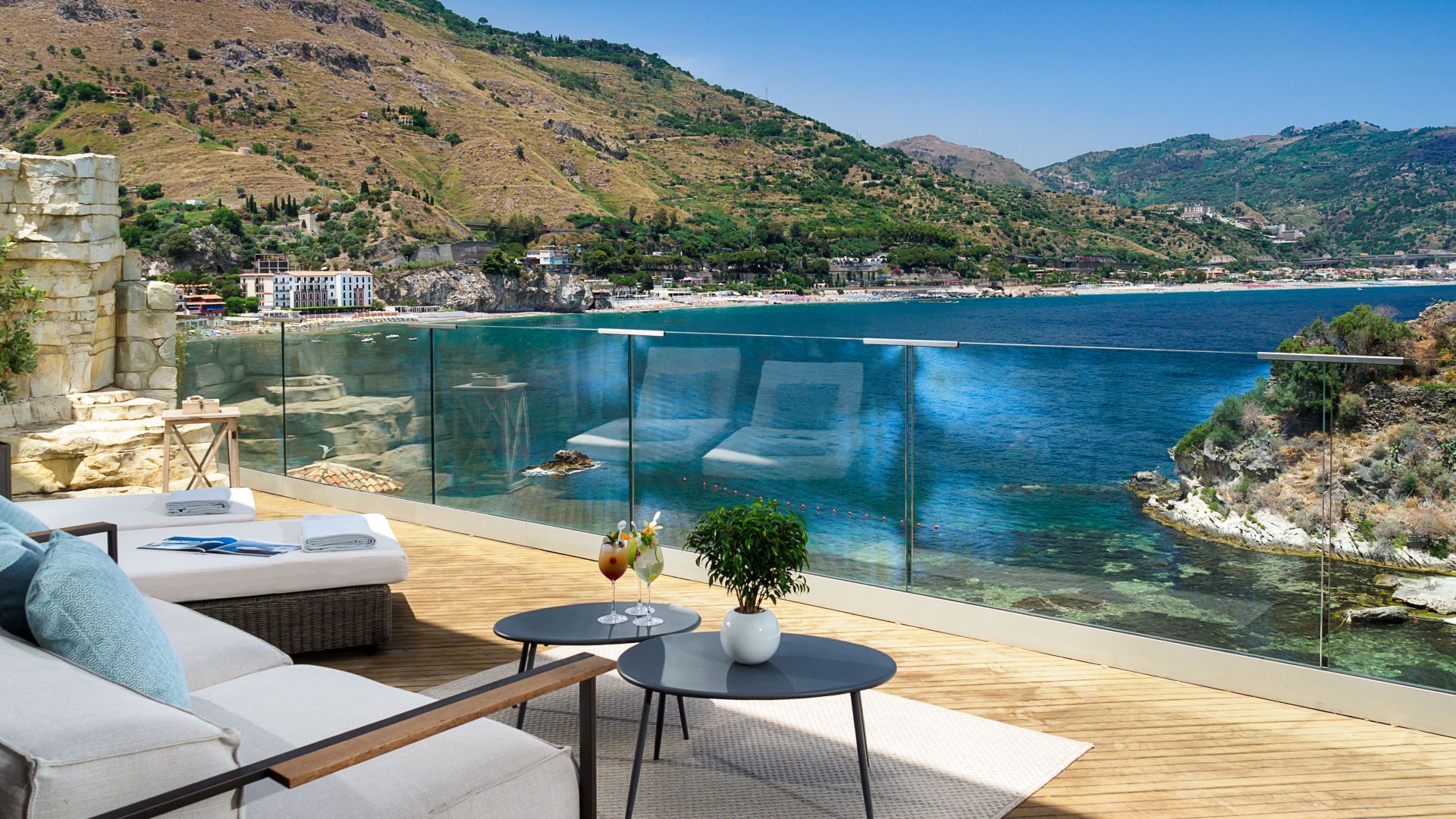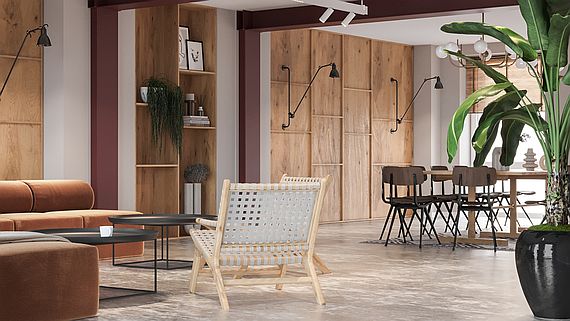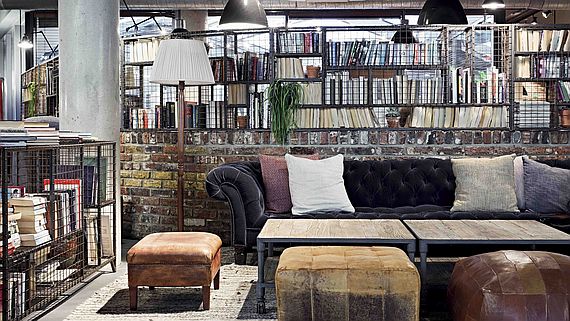
News & Stories
The new ultra-luxury Rosewood Hotel Munich will not open until mid-October, with 1,000 euros as an entry rate. Marriott's Extended Stay brand Residence Inn, however, also fills the till with 150 euros per night. Arabella Hospitality SE advances to white label operator, with luxury classics and fresh franchise brands. With Rosewood and Marriott at its side, expansion in DACH and Spain is underway. CEO Karl-Heinz Pawliziki on the new strategy.
Demographic changes and the increase in the number of people aged 60+ is undisputed, as is their vitality. These "best agers" are becoming sought-after permanent guests in the hotel industry. And as a result, offers geared towards their needs have expanded. There are now new forms of accommodation between senior residences and serviced apartments.
Full focus on Italy: The country becomes the pulse of Falkensteiner Hotel & Residences' expansion. The new (financing) mix: The planned Park Hotel on Lake Garda has more apartments than rooms. The architecture is by Matteo Thun. About the new plans.
In addition to the Italian market leader Alpitour, another tour operator is now venturing into the hospitality world: the Nicolaus Group is betting massively on its new hotel division under the Nicolaus Club and Valtur brands, as well as on its sub-brands Nicolaus Prime, as well as Valtur Escape and Italian Lifestyle Collection with authentic Italian flavours. The expectations are high.
The EU Parliament's invitation to Inge Huijbrechts came at short notice: As Global Senior VP Sustainability for Radisson Hotel Group - and representing the industry - she gave a speech there last week and took questions from MEPs. In the initial engagement with the European Commission administration, she learned - to her surprise - that the EU considers tourism as an eco-system as one with the textile industry. Inge Huijbrechts on her first direct interaction with the EU Members of Parliament.
Bob W. - the best of two worlds. The concept sounds as creative as the brand name. The Finnish group around co-founder and CEO Niko Karstikko belongs to the young, hyper-dynamic groups that want to conquer foreign terrain in a short time: A Bob W. can be anything from a mix of all serviced apartment types, of full-service hotels, rounded off with F&B, lifestyle, digitalisation all around and only one full-time employee on site. Is Bob W finally reinventing the hotel industry or is it just on the way to becoming a jack of all trades?
It was easy to become suspicious: Three times in a row, the Radisson Hotel Group has placed a long text ad in the online version of the German real estate trade magazin "Immobilienzeitung" with the first ambiguous headline: "prizeotel: sustainable, stylish, affordable". The garishly coloured budget chain has been fully owned by Radisson and therefore to the Chinese Jin Jiang Group since 2020. Rumours among insiders have long since been that prizeotel will be sold at some point. Is it now being made ready? We asked CEO Connor Ryterski.
The Italian Alpitour World group accelerates its development plans for its hotel brands Voihotels and VRetreats and continues to seek financiers, also for locations in the most important European cities. This is new. The holding does not lack financial strength: it will probably end this year with a turnover of 2.4 billion euros. It also wants to make greater use of the other divisions for its hotel expansion, including the tour operators as well as its own airline. The hotel business is one of the valuable pillars.
Munich. This year, the new brand The Porter will start in the serviced apartments and co-living segment. The first project was already planned for 2018, but it failed. Now, ten properties are to follow within the next two years. They will be located on big sites, following overall hotel concepts. Founder Martin Egner is an example für the latest trend to combine apartment concepts with other services in a hybrid way.
Berlin. Speaking on the fringes of the IHIF in Berlin last week, Accor CEO Sébastien Bazin told us he believes he should have made the switch from geographic responsibility to the new brand structure earlier. Now everything is more focused, especially for investors, he explained. Here, he doesn't place value on "higher, further, faster". He simply wants to stay ahead of the competition. A conversation with hospitalityInside about change fatigue, differentiated responsibility, AccorInvest, lease agreements and the inertia of Germany.

